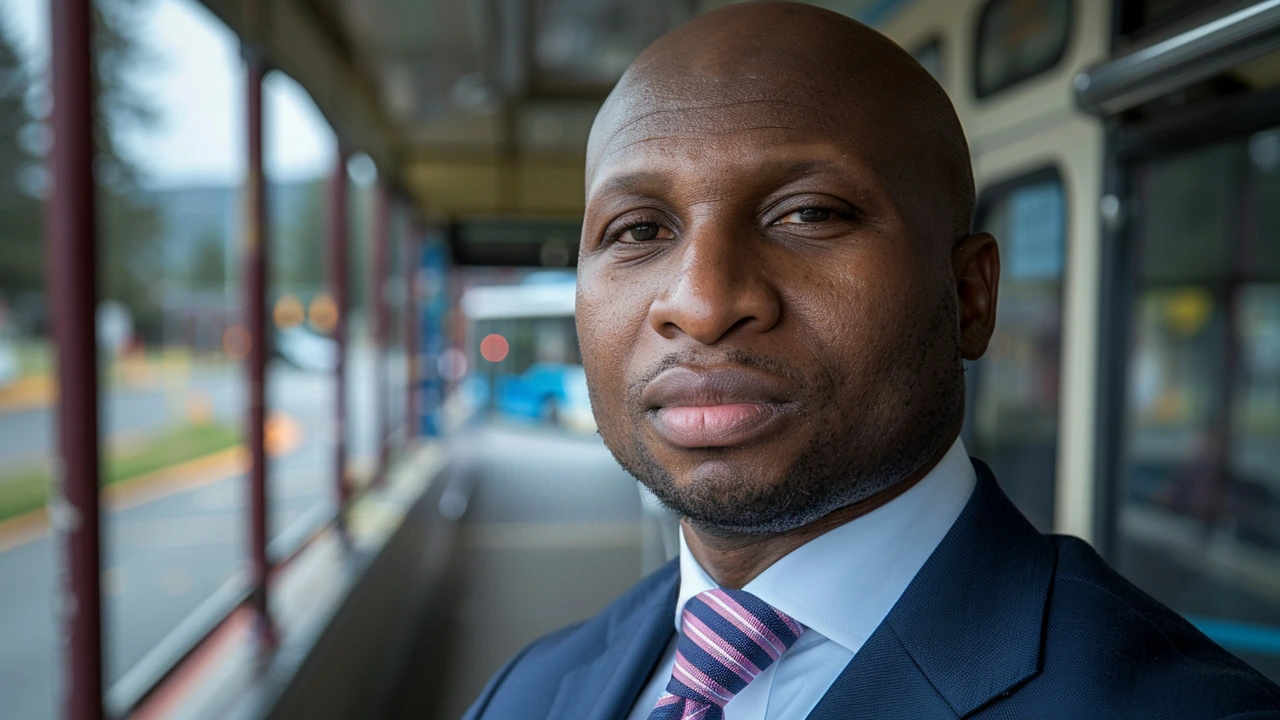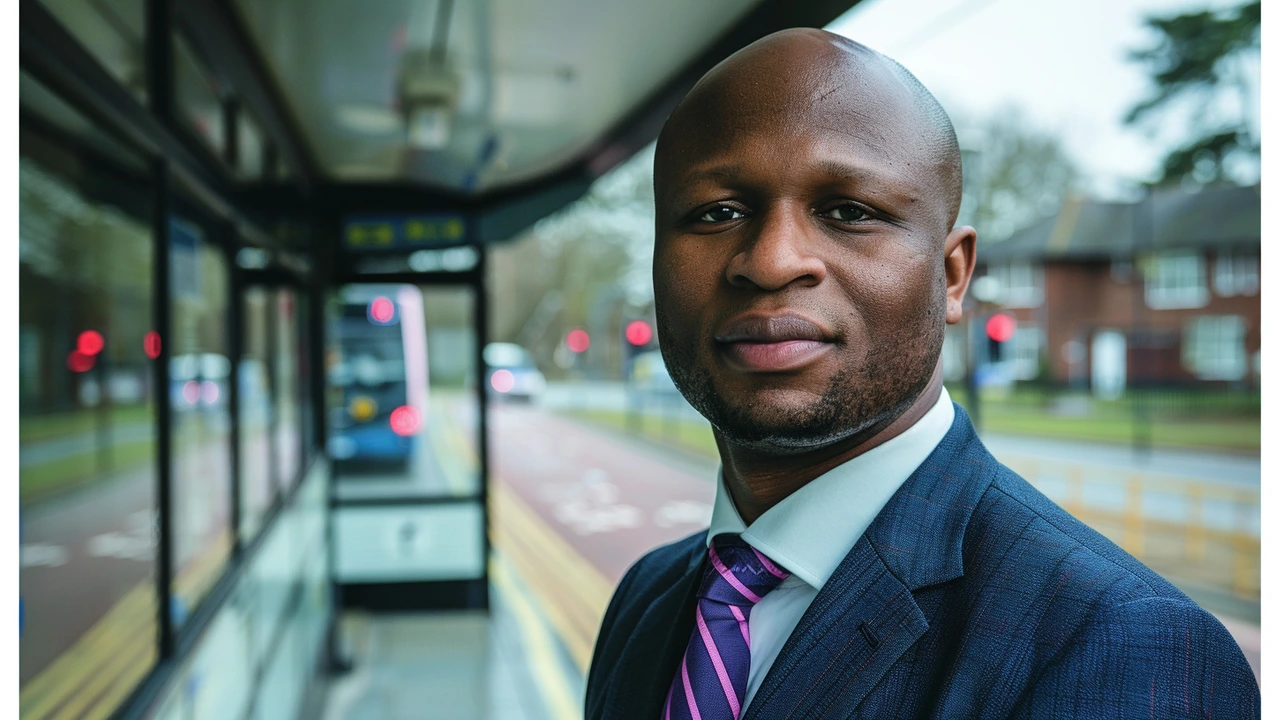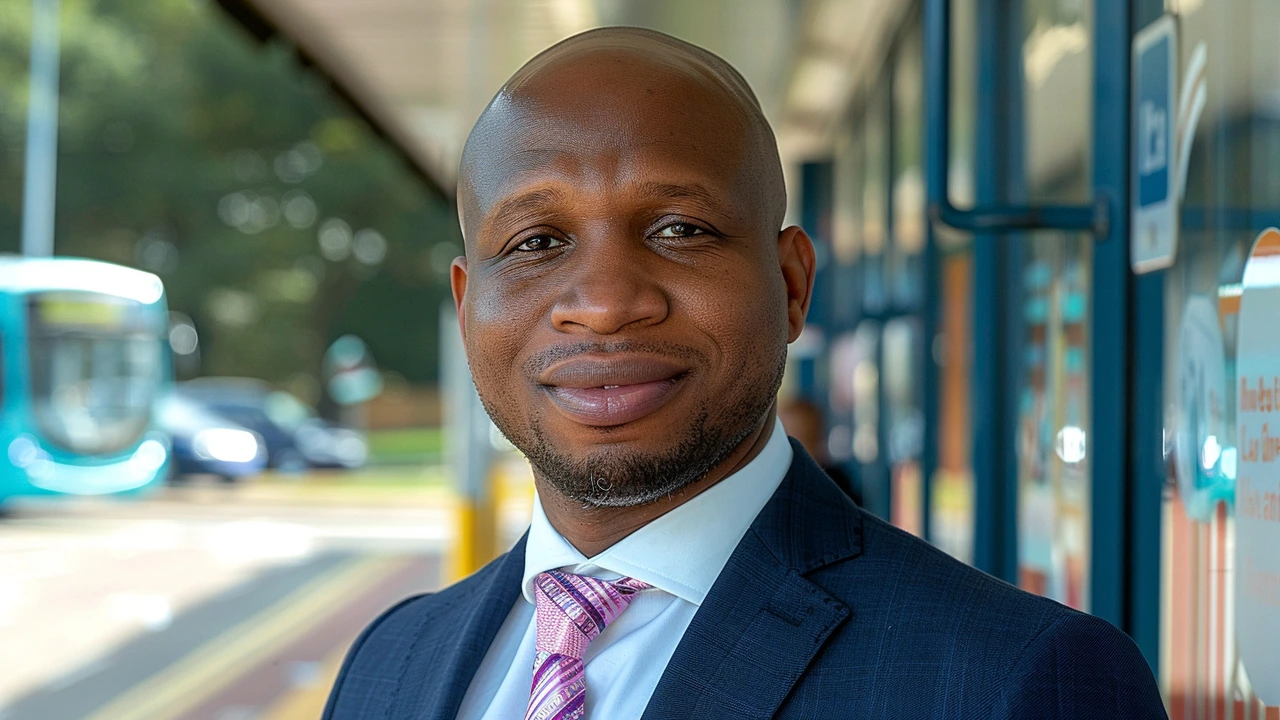Ghana Deserves Better: A Call for Genuine Political Change Amid Election Disappointments

Ghana's Political Landscape: A Call for Genuine Change
As the election campaigns unfold in Ghana, there is a palpable sense of disappointment and frustration among citizens. This sentiment is powerfully expressed by Kumi Owusu-Ansah, an investment banker and contributing columnist on economics and politics. Through his recent article, Owusu-Ansah scrutinizes the current state of Ghanaian politics, arguing that both the ruling New Patriotic Party (NPP) and the opposition National Democratic Congress (NDC) are failing to inspire confidence and hope among the electorate.
The campaigns from both parties, according to Owusu-Ansah, are characterized by a lack of originality and substance. Instead of presenting innovative ideas and pragmatic solutions, the NPP and NDC seem trapped in a cycle of recycled promises and hollow rhetoric. This distressing trend is magnified by the ongoing economic decline, pervasive corruption, and various social issues plaguing the nation. The author emphasizes that the campaign strategies are overshadowed by personal attacks, rather than focusing on policies to address the urgent needs of the Ghanaian people.
The Thorny Issue of Recycled Politicians
One of Owusu-Ansah's primary concerns is the phenomenon of recycling the same old politicians. He argues that a considerable number of these figures have had their chance to effect change but have instead presided over periods of stagnation and crisis. The lack of fresh blood in the political arena is glaring, and it hampers the possibility of instituting genuine reforms. For the electorates, this raises questions about whether their votes are being cast for meaningful change or merely maintaining the status quo.
The author notes that the political rhetoric from both the NPP and the NDC resembles a rehashing of previous campaigns. Unsurprisingly, campaign messages from both parties include grand promises and ambitious declarations. However, Ghanaians have grown weary of these repeated pledges, many of which remain unfulfilled. Owusu-Ansah's sharp critique sheds light on the gap between political promises and reality, revealing a disheartening pattern that has failed to break free from the cycle of deception.

Neglecting Pressing Issues
Despite the myriad issues facing the country, the ongoing political campaigns have largely sidestepped addressing the most pressing matters. Owusu-Ansah articulates the dire need for interventions in key areas such as economic decline, corruption, healthcare, and social services. Specifically, he highlights the chronic shortage of hospital beds, rampant starvation, the alarming rates of youth unemployment, and the looming environmental degradation.
The author contends that instead of developing comprehensive strategies to tackle these challenges, the political discourse remains fixated on attacking opponents. This mudslinging detracts from substantive debate and policy-making, leaving the electorate without concrete solutions or a clear path forward. Ghanaian citizens, according to Owusu-Ansah, are left desiring leaders who prioritize the nation's welfare over personal vendettas.
The Role of Alternative Candidates
While alternative candidates have emerged in the political spectrum, Owusu-Ansah is skeptical of their impact. He describes them as spoilers who, despite raising hopes momentarily, often fall short of presenting practical solutions. These candidates are seen as self-serving, further complicating the political landscape and diluting the chances of a unified front that could spur real change.
The rise of these alternative voices, while theoretically promising, has yet to translate into meaningful shifts in policy or governance. Instead, they add to the cacophony of political noise, often without the substance needed to convince voters that they represent a viable alternative to the entrenched parties.

A Threat to Democratic Values
Owusu-Ansah's conclusion is stark; the commitment to democratic values in Ghana is at risk. Politicians, with their apparent prioritization of personal gains over the collective well-being, are undermining the principles that should guide democratic governance. This erosion of trust and the perceived self-interest of political actors pose a significant threat to the integrity of the nation's democracy.
The article calls for a more robust engagement from the electorate, to demand accountability and genuine representation. Owusu-Ansah encourages Ghanaians to critically evaluate their choices and press for leaders who demonstrate a truthful commitment to addressing the country's pressing issues.
A Need for Hope and Real Change
Ghana stands at a crossroads, and the current political climate presents both a challenge and an opportunity. On the one hand, the frustrations articulated by Owusu-Ansah reflect a broader discontent among citizens. On the other hand, this discontent could serve as a catalyst for demanding and achieving real change.
For the nation's democracy to thrive, the political space needs an infusion of fresh ideas and faces. Leaders must emerge who are willing to go beyond platitudes and offer concrete, actionable plans. The electorate's role in this is crucial; by holding politicians accountable and voting primarily based on policies rather than personalities, Ghanaians can push for the better future they deserve.
In essence, Owusu-Ansah's appeal is not merely a critique but a call to action. A call for a political environment that prioritizes genuine advancements over superficial promises. As elections loom, the question remains: Will Ghana seize the moment to transcend old patterns and achieve a truly transformative change?
Final Thoughts
The ongoing elections in Ghana present an essential moment for reflection and decision-making. The discourse of dissatisfaction, as articulated by Owusu-Ansah, aligns with the feelings of many Ghanaians who yearn for a political renaissance. With the prevailing economic and social challenges, the need for authentic and impactful leadership is more pressing than ever.
Whether the country can rise to this challenge and pivot towards meaningful progress hinges on the collective actions of its citizens, political aspirants, and stakeholders. The stakes are high, but with a concerted effort, Ghana can lay the groundwork for a more prosperous and equitable future.
As Owusu-Ansah aptly puts it, 'Ghana deserves better.' It is now up to all Ghanaians to ensure that this vision of a better, brighter future becomes a reality.